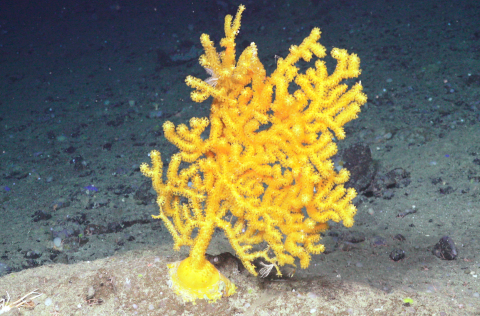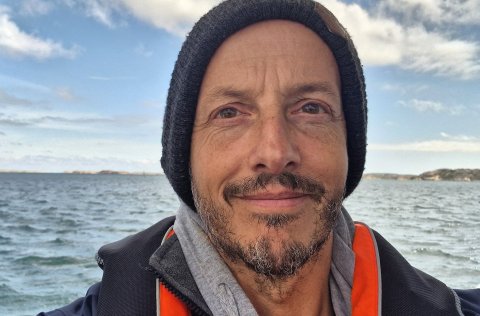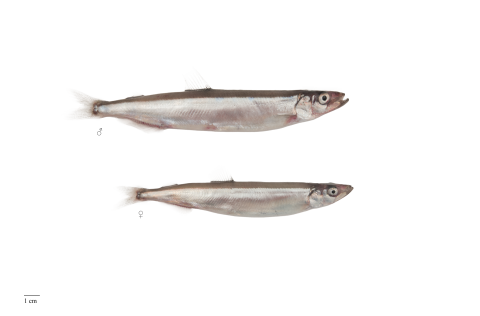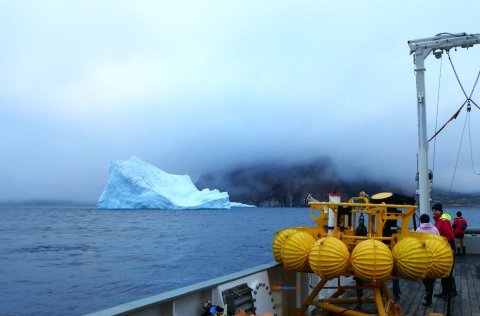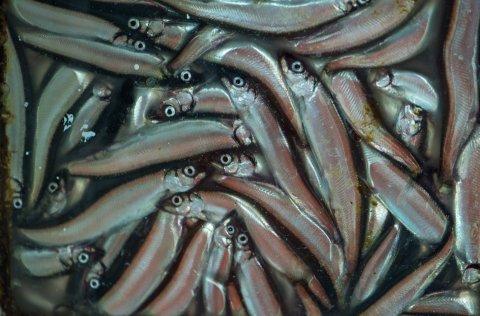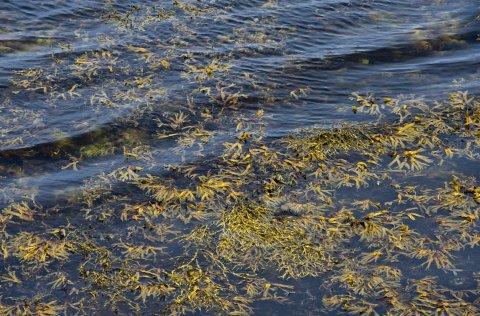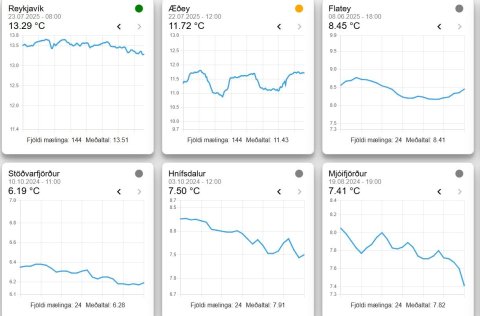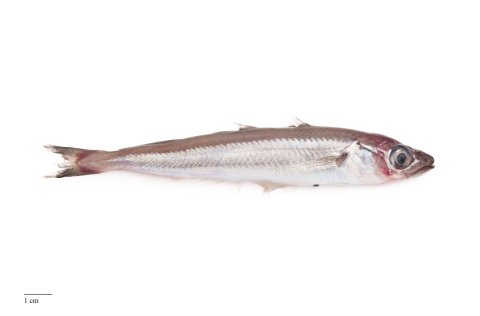
Hidden Complexity in Blue Whiting Stock Structure
Two new studies led by the University of Iceland in collaboration with the Marine and Freshwater Research Institute uncover hidden stock structure in Northeast Atlantic blue whiting, a key species for ecosystems and fisheries. The findings highlight distinct subpopulations, migration–residency dynamics, and the need for adaptive management in a changing ocean.
13. November


